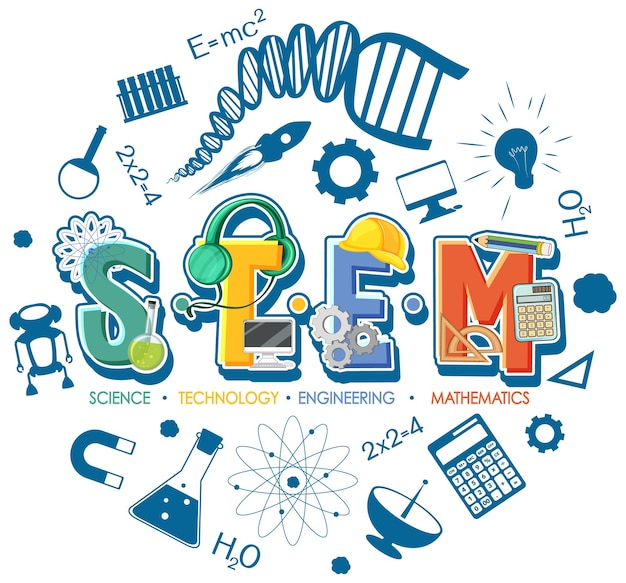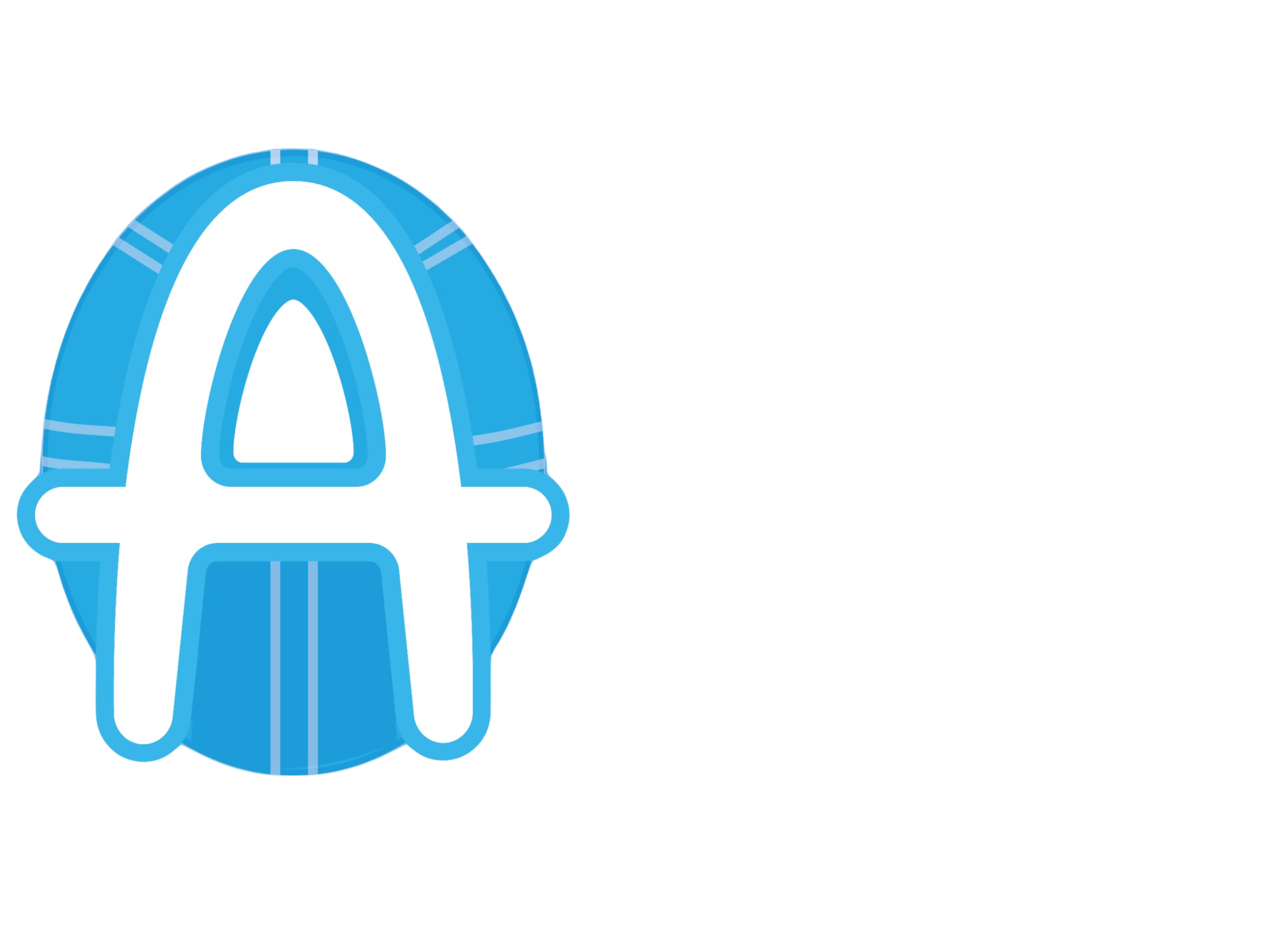In a world increasingly shaped by technology and globalization, preparing children for the future requires more than just academic knowledge. Skills like adaptability, problem-solving, and emotional intelligence are now essential. By 2030, up to 88 million jobs may be displaced by automation, especially in industries like manufacturing and logistics, according to McKinsey Global Institute. However, creativity, leadership, and the ability to connect with others remain uniquely human strengths that cannot be replaced by machines .
Why Spanish is More Than Just a Language
In the U.S., where 1 in 5 people speaks Spanish, the language plays a critical role in connecting businesses to Latin American markets and fostering cultural understanding. In Canada, Spanish is increasingly valuable in healthcare and trade, particularly within diverse, multicultural communities. Meanwhile, in the UK, it facilitates opportunities in international relations, marketing, and global media. According to the Cervantes Institute, Spanish is spoken by over 580 million people worldwide, making it the second most spoken language by native speakers .
The STEM fields also benefit greatly from Spanish proficiency. Scientists, engineers, and healthcare professionals working on global projects rely on multilingual teams to advance research in areas such as renewable energy, medical technology, and data science. For example, NASA’s collaboration with Spanish-speaking scientists has contributed to breakthroughs in planetary research .
Beyond its practical uses, learning Spanish strengthens cognitive flexibility. Studies from the Frontiers in Psychology journal reveal that bilingual individuals outperform monolinguals in creative thinking and multitasking . Additionally, Spanish fosters emotional intelligence by enabling children to build deeper connections with people from diverse backgrounds, reinforcing empathy and cultural awareness .
Alphabeticals: Preparing for a Complex World
At Alphabeticals, we believe that thriving in tomorrow’s world requires a balance of technical expertise and interpersonal skills. Our approach integrates Spanish learning with the development of soft skills like empathy, leadership, and critical thinking, equipping children to navigate an increasingly complex world confidently and collaboratively.

For instance, when we teach emotional vocabulary, we use relatable scenarios to help students express and manage feelings in Spanish. This dual focus enables them to connect deeply with others while mastering critical communication skills.
The STEM Connection: Why It Matters
As industries evolve, STEM knowledge remains essential, but it must be paired with human creativity and ethical decision-making. Alphabeticals introduces students to STEM topics through interactive lessons that spark curiosity. For example, exploring renewable energy concepts or understanding the basics of AI fosters innovation while teaching teamwork and adaptability.

This integration ensures students are not only ready for technical challenges but also equipped to lead and collaborate effectively in their chosen fields.
What Sets Alphabeticals Apart?
- Holistic Learning: We combine language proficiency with critical life skills, ensuring well-rounded development.
- Personalized Attention: Our small-class or one-on-one approach focuses on individual growth and confidence-building.
- Future-Ready Curriculum: By integrating soft skills with STEM education, we prepare students for a rapidly changing world.
Take the First Step Today
Preparing your child for the future is not just about teaching them to adapt—it’s about empowering them to thrive. Equip them with the tools they need to succeed in an ever-evolving world. Start their journey today with Alphabeticals.

References
- “The Future of Jobs Report 2023,” World Economic Forum.
- “The Impact of Automation on Jobs,” McKinsey Global Institute, 2022.
- Instituto Cervantes, El Español: Una Lengua Viva – Informe 2023.
- Harvard Business Review, “Language Skills in a Globalized World,” 2019.
- NASA, “The Importance of Multilingual Collaboration in Space Exploration,” 2022.
- “Bilingualism in STEM Fields,” National Science Foundation, 2020.
- “Bilingualism and Cognitive Flexibility,” Frontiers in Psychology, 2017.
- “Why Emotional Intelligence Matters,” Daniel Goleman, 2020.
No responses yet